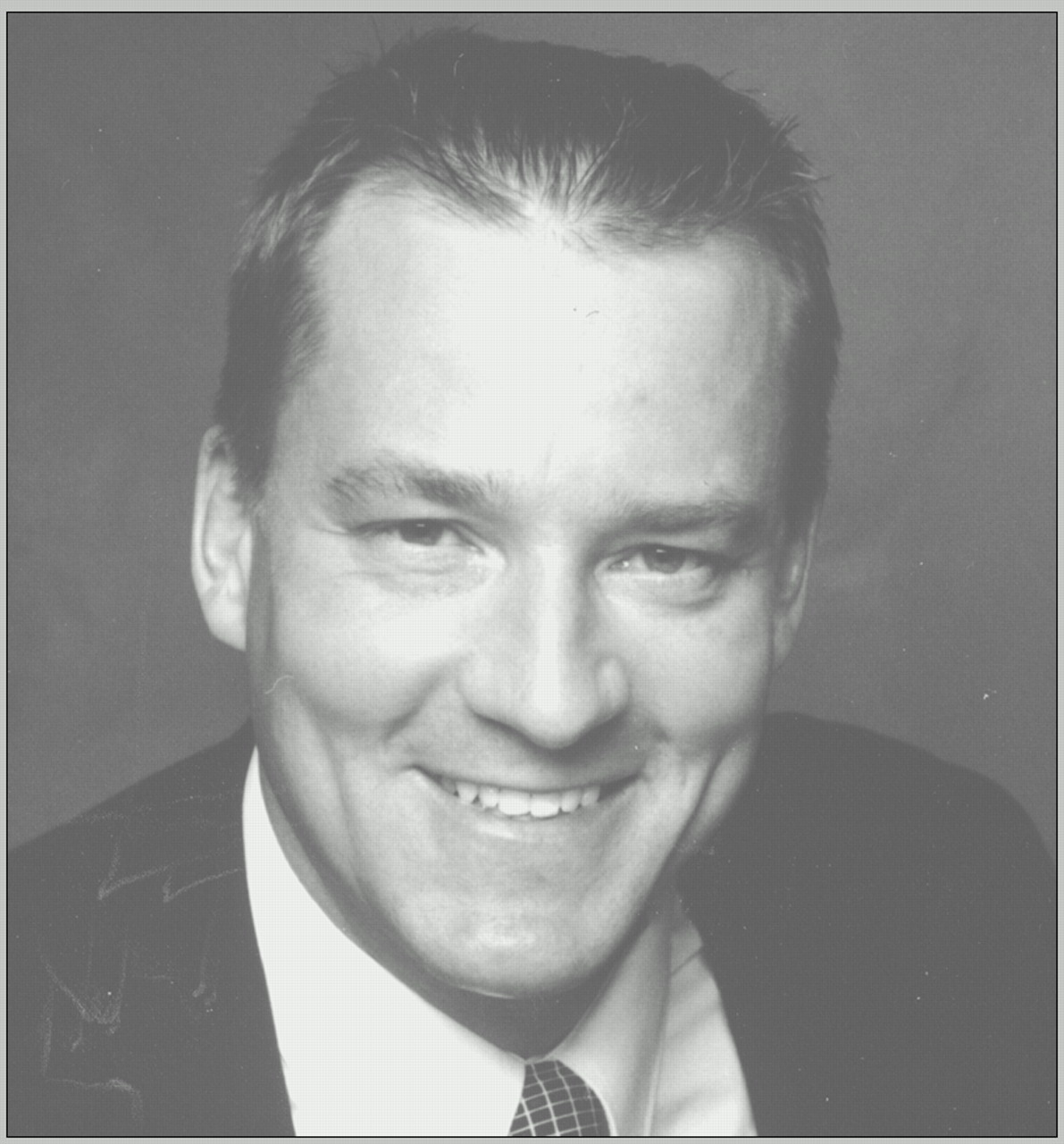It’s patently ridiculous—or maybe not—but prior to 1938 anyone could purchase any non-narcotic medication without a prescription. In 1938 approximately 100 people died from the ingestion of a sulfa preparation.
To protect the safety of the public, federal law was enacted allowing only physicians, dentists, and veterinarians to prescribe medication. Proper prescription of medication has become much more complicated since 1938.
Common sense would dictate that those who prescribe medications should have more education, not less. But psychologists are trying to sell just the opposite concept to legislators. Why have psychologists turned to this strategy?
One of those spearheading the movement for psychologists to prescribe is Pat DeLeon, Ph.D., J.D., a recent president of the American Psychological Association. Dr. DeLeon has done some wonderful things for his community as key advisor to Senator Daniel Inouye (D-Hawaii) since 1974. Unfortunately, he has also dedicated himself to a cause that will lead to mediocrity in the American mental health system.
Now, to look for an answer to the question of what the psychologists are really up to, let’s look at the history of their logic.
According to an article by Ronald E. Fox, Ph.D., chair of the American Psychological Association’s Committee for the Advancement of Professional Practice, that appeared in the September 1998 edition of the American Psychological Association Monitor, the issue of psychologists prescribing was first considered in the 1970s. The American Psychological Association Board of Directors appointed a committee to review this issue, and the committee recommended that the profession of psychology should not pursue prescribing privileges, “Primarily since the field was doing so well without that authority,” according to the article. According to this same author, in November 1984 Senator Inouye encouraged psychologists at the annual meeting of the Hawaii Psychological Association to pursue prescribing privileges “in order to improve the availability of comprehensive, quality mental health care.” This movement has continued since then.
However, while some psychologists are trying to add another niche to their practice, other psychologists see this as problematic and inappropriate.
What happened between the 1970s and 1984? In the 1970s “the field [psychology] was doing well. . . .” Then psychologists became concerned “about the availability of comprehensive, quality mental health care. . .,” especially in rural areas.
But this need in rural areas did not develop over one or two decades. Indeed, a shortage of health care has always been problematic for rural areas. Furthermore, innumerable articles exist stating that cognitive-behavioral therapy is as effective as antidepressants in mild to moderate depression. So why did psychologists not go to those underserved areas then, and why do they not go to those underserved areas now, and treat these patients with skills that they are qualified to use?
Perhaps a little history on the development of managed care will shed some light on the issue. The Kaiser Health Plan was launched during World War II, resulting in the first clinic-based system of managed care. In the 1960s medicine became more specialized, Medicare and Medicaid were started as part of President Lyndon Johnson’s “Great Society” program, and medical costs began to escalate. The HMO Act of 1973 allowed HMOs to be publicly traded, providing the capital to accelerate their growth. This accelerated growth of HMOs was most prolific from the mid-1980s to the mid-1990s (remember, it was in the mid-1980s that Sen. Inouye encouraged psychologists to pursue prescribing privileges).
The growth of managed care affected not only physicians, but also psychologists. For example, reimbursement at the 50th percentile for neuropsychological testing was $283/hour in 1996, $196/hour in 1997, and $178/hour in 1998. George Washington said, “Few men have the virtue to withstand the highest bidder.” If he were alive today he would likely say, “Few men have the virtue to withstand the lowest bidder.” And therein lies the answer to the question, What are the psychologists really up to? They are up to their own survival.
Merely taking a few pharmacology courses does not prepare one for the responsibility of prescribing. To prescribe medication properly the physician must know the patient from head to toe. This demands years of intensive study. To hand psychologists this so-called “right to prescribe” because they have taken a few pharmacology courses, would lower the standard of care for a particularly vulnerable population. Psychiatric patients often do not have the energy or organization to defend themselves against inferior care. We, as psychiatric physicians, must maintain a steadfast commitment to protecting and providing high-quality patient care. ▪

